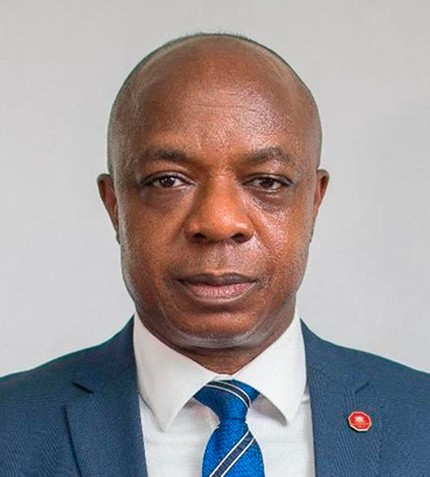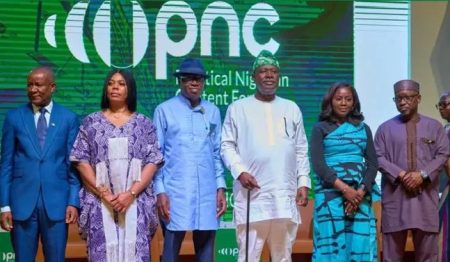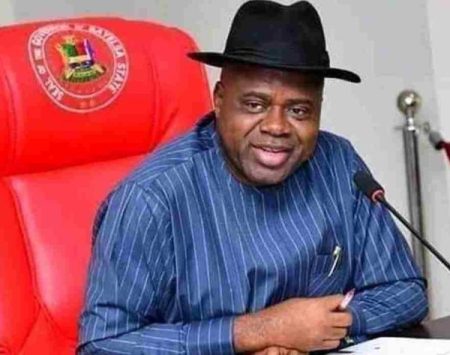 04 September 2012, Sweetcrude, London – As far back as 2000, Nigeria won 1 gold and 2 silver medals in Sydney, 2 bronze in 2004 in Athens and in 2008 a total of 4 medals ( 1 Silver 3 Bronze) and zero medal in 2012. An evident and significant decline has occurred in our sports performance over the last twelve years and it is quite obvious we had neither defined a strategic plan nor a road map to take us from 1Gold and 2 silver medals in 2000 to 4 Gold, 4 Silver and 4 bronze in 2012 which would have qualified us for the eighteenth position, like Jamaica. Our dream of top 20 countries may just have been realized. Obviously, we had done little or no work and were not well prepared to qualify for a medal at the 2012 Olympics. Nigeria needs to look inwards with a view to harnessing its natural capabilities if we must achieve world-class standard. This is a recommended Nigerian Content Development strategy that can be escalated into the issues that currently plaque our Oil and Gas industry in particular and the economic development of the nation in general.
04 September 2012, Sweetcrude, London – As far back as 2000, Nigeria won 1 gold and 2 silver medals in Sydney, 2 bronze in 2004 in Athens and in 2008 a total of 4 medals ( 1 Silver 3 Bronze) and zero medal in 2012. An evident and significant decline has occurred in our sports performance over the last twelve years and it is quite obvious we had neither defined a strategic plan nor a road map to take us from 1Gold and 2 silver medals in 2000 to 4 Gold, 4 Silver and 4 bronze in 2012 which would have qualified us for the eighteenth position, like Jamaica. Our dream of top 20 countries may just have been realized. Obviously, we had done little or no work and were not well prepared to qualify for a medal at the 2012 Olympics. Nigeria needs to look inwards with a view to harnessing its natural capabilities if we must achieve world-class standard. This is a recommended Nigerian Content Development strategy that can be escalated into the issues that currently plaque our Oil and Gas industry in particular and the economic development of the nation in general.
Usain Bolt is one of only 8 athletes to win world championships at the youth, junior, and senior level of an athletic event. His sprinting career commenced sometime in 2000 before his 2001 win at high school then debut in the 2002 World Junior Championships. It has taken him a grueling 12 years to deliver a triple gold in two consecutive Olympic events and from these a lot of lessons must be learnt in the implementation of our Nigerian Content plan (Tenacity of purpose). He is the fastest man in the world today, the first man in Olympic history to win both the 100 meter and 200 meter races in record time and the first man ever to win back-to-back gold medals in double sprints. Usain has benefited from two phenomenal coaches, Fitz Coleman and Glen Mills. These men have nurtured him over time to develop his potential. Two men dedicated their time and effort in twelve years to unleash potential and achieve the world best-class standard.
Bearing in mind that it in 2000, Nigeria was involved in the SNEPCO Bonga FPSO Project, after which the Erha and Agbami projects followed, we need to identify activities that can deliver a multiplier effect to the Nigerian economy from the about to commence Egina project. Wherever there are operational, technological or administrative gaps, we need to develop strategies for ensuring that lessons learnt and skills acquired are deployed to bridge the gaps are closed out before or during the project execution phase.
Nigerian Content must focus on stretching the envelope of excellence, performance and achievement. We have a duty and responsibility to ensure that at no point in the journey of building capacity, capability and competence do we experience retrogression. There is a need to identify key sectors of the Nigerian economy where concerted effort around mega projects can serve as a launching pad to achieving world-class performance and setting international record. The role of Government, industry leaders, technocrats, associations, institutions and societies cannot be over emphasized in our goal to increasing Nigerian Content.
We cannot overlook the role of Yohan Blake (9.69 sec) in the stretching of Usain Bolt (9.58 sec). As friends, competitors and joint stakeholders these world-class sprinters have continued to challenge each other and push themselves in a manner that ensures that they come up with personal bests at competitions on the world stage. At certain races, Bolt declines running 100m and focuses on 200m, allowing Blake to win the 100m. This demonstration of mutual respect is a strategy for excellence that is yet to be demonstrated by Nigerian companies. Looking through the schedule of the act it is critical and necessary that Nigeria identifies its leaders in all sectors of the Nigerian Content execution plan and promotes the simultaneous growth, development and competition amongst leaders and key stakeholders.
Availing key stakeholders in the industry with base work load to sustain their operations, develop their capabilities and competencies as well as grow their businesses in a holistic manner that adds value to the business of the client and the national economy is critical to developing our petroleum sector in conjunction with other sectors of the Nigerian economy.
About the Author
Dr.Ibilola Amao is the Principal Consultant with Lonadek Oil and Gas Consultants, a firm of technical consultants with their core competence in the area of human capital and vendor development. For more information or to reach Dr. Amao you can email her at [email protected] or visit www.lonadek.com.



